- About Archives
- About SAA
- Careers
- Education
- Publications
- Advocacy
- Membership
Thank you to all of our excellent candidates for standing in the 2024 Accessioning, Acquisitions, & Appraisal Section election. Please take some time to review their candidate statements and get to know them so you can make an informed choice.
You will be voting for:
Ballots will be managed by SAA staff through Survey Monkey; keep an eye on your inbox for when the ballot opens!
The following candidates are running for the Vice Chair/Chair-Elect position:
Mae Casey
Accessioning and Collections Management Archivist, Penn State University
Following a thirteen-year career in public education, I returned to school to study Library Science in the Fall of 2017. I completed my degree in December of 2019, earning an MLIS as well as graduate certificates in Archival Studies and Digital Information Management. My first job out of graduate school was as the Curator of Collections for a small museum that also had its own library and archives. I had the opportunity in this role to oversee the archives from a supervisory position – working at a bird’s eye level – and the experience helped me to examine the archives’ relationship to the greater organization’s mission as well as how it interacted with both the museum and library sides. In January 2022, I began working at the Penn State Eberly Family Special Collections Library as the Accessioning and Collections Management Archivist. The position was brand new and involves me working closely with my archival and curatorial colleagues to develop and solidify workflows that get new collections (or accruals to existing collections) quickly into our system. My job involves assessing the collections/accruals, creating accessioning records for them, developing minimal level finding aids and publishing them, and assigning them physical locations. We are also beginning collaborative work on formalizing our procedures for born digital accessions. I have placed particular emphasis on inclusive and reparative description in accessioning DEIA collections by adjusting existing workflows and developing a “minimal processing plus” model. My work ensures that all accessions are given appropriate care and attention and guarantees they are made available via MPLP methods instead of languishing as “pending accessions” for years. My scholarship is heavily focused on accessioning, including minimal description. In July 2023, my colleagues and I presented at the SAA annual meeting on accessioning in a post-pandemic environment. We are currently writing a manuscript on the accessioning tools that were briefly covered in that presentation. I have also written an article on a reappraisal and deaccessioning project for the Mid-Atlantic Archivist and a blog about creating description for purchased collections that was posted on the SAA Descriptions section’s Description blog in January of this year.
The core of my position is accessioning collections (or accruals to collections) to guarantee their swift availability to our patrons. Each archive I’ve worked in has had heaps of legacy projects that were deemed “low priority” at the time of their acquisition and have been languishing without any record for years. The accessioning work I do every day aims to prevent that from happening by supporting the strategic collection development and cultivation performed by our team of curators and putting information into the hands of our patrons. Positive trends within the archiving field indicate accessioning is (a) finally being recognized as separate from processing, (b) is incredibly meaningful and vital to archival work, and (c) allows archives to achieve the golden minimum of finding aids for all collections. Even so, as a relatively recent graduate (I completed my degree in December 2019) I can attest that this trend has not yet fully reached our educational institutions, and that many archival students are either taught that accessioning and processing are essentially the same thing or have simply never been taught how to accession a collection. This omission leaves a gaping hole both in the knowledge of new members of the field but also in the process of creating accessibility. Too often the result is unrecorded collections.
As chair of this committee, I hope to raise awareness among working archivists about the vital role accessioning plays in the acquisition process; to support education of current archival students on the necessity of accessioning; to share and collaborate with colleagues the workflows that are helping Penn State be successful in achieving the golden minimum; and, as archives face head-on a history of under-representing minority groups, to communicate how accessioning can help us bring representation to these groups in an efficient and timely manner. The shift toward an archival model that sees accessioning and processing as two different but vital steps in the acquisition process is an exciting one and it will hopefully change the ways we archive by putting access and representation at the forefront of everything we do.
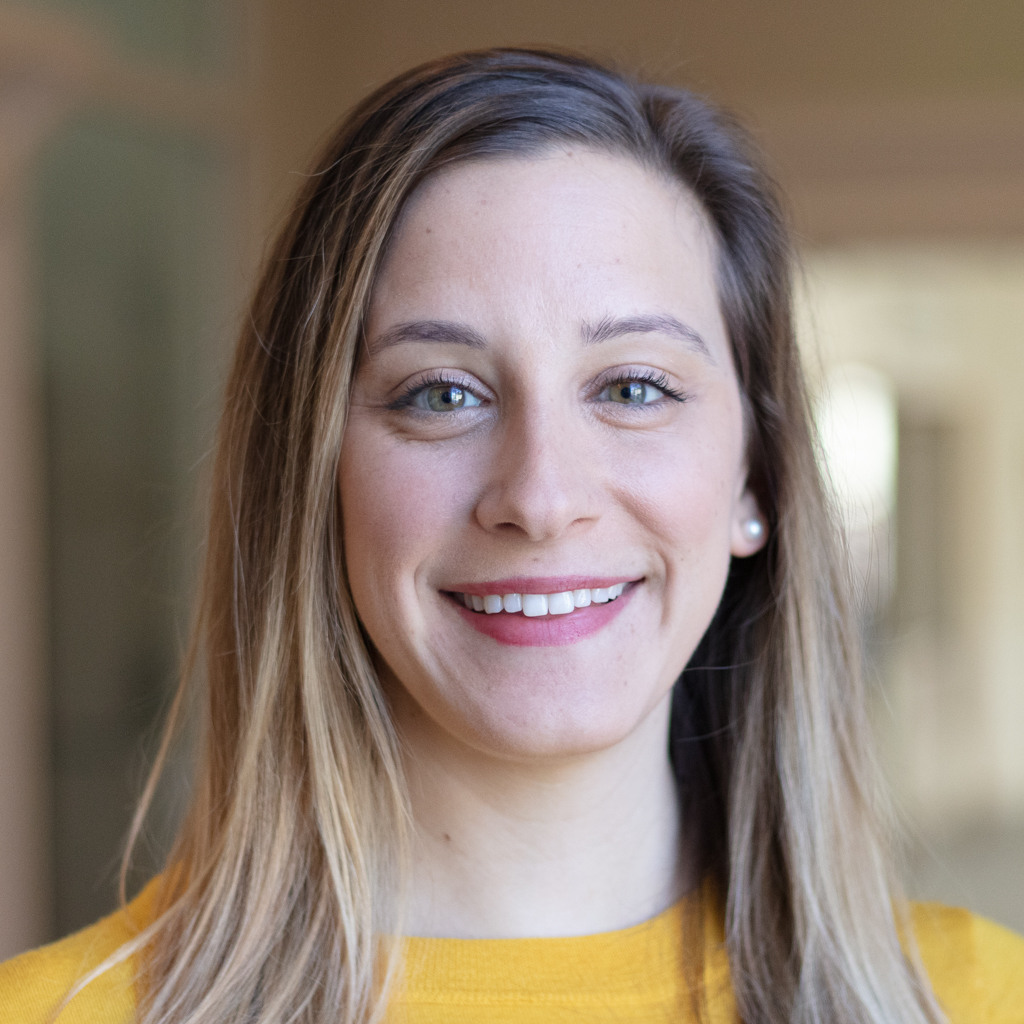
Jordan Jancosek
Archivist, Accessioning and Collection Management, Brown University
Jordan Jancosek is the Archivist for Accessioning and Collection Management at the John Hay Library at Brown University. She has an MLIS and a MA in History from Simmons University, and a BA in History and Classical Civilization from Oberlin College. In her work, she oversees many large scale collection organizational projects, which includes accessioning workflows and location management. The past three years, she has been a member of the grant-funded National Best Practices for Archival Accessioning Working Group. Jordan’s roles have included being a member of the Storage, Stabilization, and Preservation working group, an interim time as co-chair, helping to organize the 2023 working summit in PVD, and now serves as a neighborhood support for several of the post-production neighborhoods. Jordan is the author of several publications, including a full chapter in the recently released Comic Books, Special Collections, and the Academic Library as well as, Records Surveys and the Healthy Collection Lifecycle, in the “Intergenerational Conversations” series in American Archivist. In her non-archiving time, Jordan enjoys birdwatching and singing the Moana soundtrack with her three-year-old daughter.
In the past four years, accessioning and appraisal has gone from just a part of my job description to a real passion of mine. Accessioning, acquisitions, and appraisal are the backbone of material collecting and the first step in our collection lifecycle. I believe it is an aspect of the archival field that is just finally getting its well-deserved time in the sun, and I want to be a vital part of the community that helps it shape and evolve into the future. Of particular note for me is the aspect of appraisal, and how this step directly impacts everything in our collection work that follows. I believe we should be paying particular attention to the materials and their impact before we decide to acquire them, and create parameters and boundaries within our work to make this possible. Collection appraisal directly impacts the work we do with acquisitions and accessioning, and by focusing on our process from the very onset can help us to ethically and sustainably acquire materials. We work in a constantly changing field in regard to philosophy and practice, and I hope to help foster and explore that in the AA&A group.
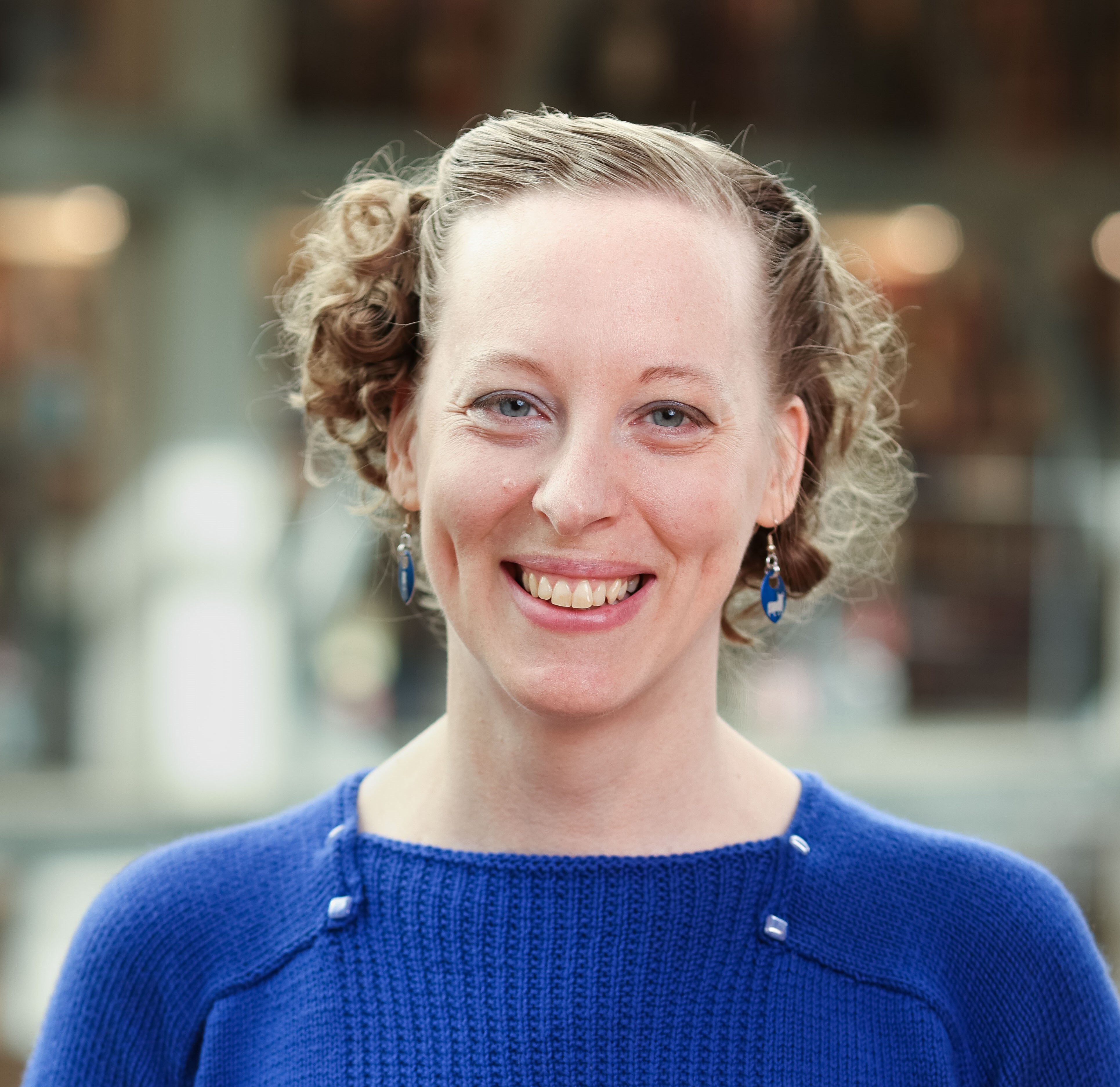
Cate Putirskis
Archival Technical Services Manager, Ohio State University
I’m currently the manager of the Archival Technical Services unit at Ohio State University; I have been in this role since 2013. In this role, I oversee most areas of technical services work at Ohio State—including accessioning—and built the first comprehensive accessioning program for special collections here. I began working in archives in 2005, and received my MA in Public History from North Carolina State University in 2007. During my career, I’ve held roles involving accessioning responsibilities in a variety of repository types, including academic libraries, public libraries, and a museum library.
Accessioning has been a responsibility of nearly every position I’ve had during my archival career, and I’ve often felt accessioning is an overlooked and undervalued cornerstone of archival work; I particularly felt this way early in my career, when I struggled to find resources focused on accessioning that would support both my understanding of how to effectively accession, as well as my overall growth as an archivist. Connecting professionally with other archivists doing accessioning was challenging. Ten years ago, I became responsible for building an accessioning program at an institution that had never had one, and continued to feel overwhelmed by this task in light of the still-sparse resource landscape for accessioning.
For the past three years, I’ve been fortunate to be a member of the National Best Practices for Archival Accessioning Working Group, collaborating with colleagues across the archival profession who share my interest in advocacy and resource support for the critical work of accessioning. With the forthcoming publication of the Best Practices, I’d value an opportunity to serve on the AA&A Section as the section continues the work of supporting this invaluable resource and continuing to build a community of practice around accessioning that our entire profession can benefit from. As a member of the AA&A Section, I would share my own knowledge and perspectives, both from my practical experiences as an accessioning archivist and a manager of accessioning work as well as from my experiences working on the Best Practices, using these to support the section’s objectives, particularly around resource sharing and community building. I value the work this section does, and would like to be part of continuing that valuable work.
The following candidates are running for the section steering committee:
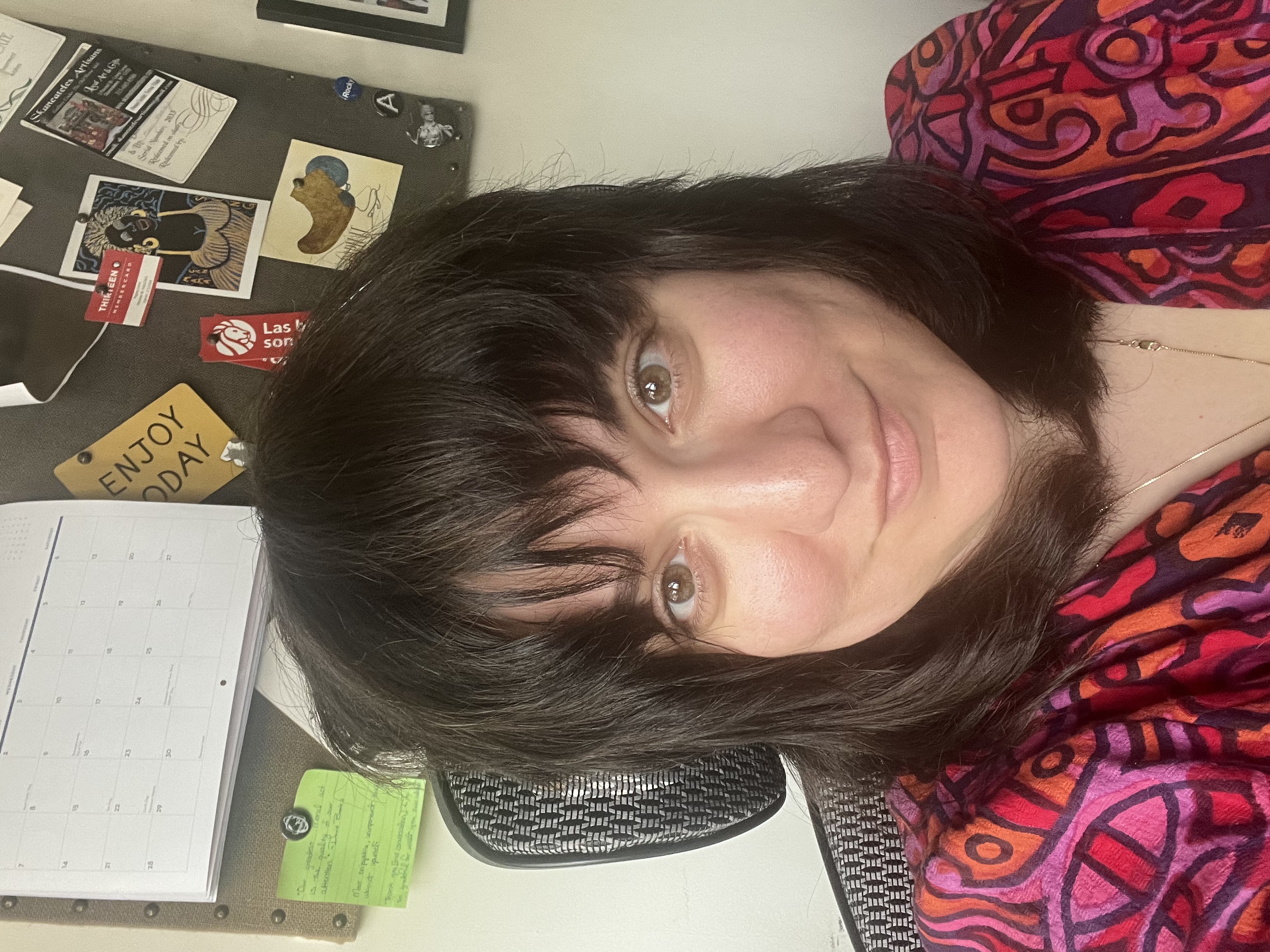
Regina Carra
Outreach & Processing Archivist, City University of New York (CUNY)
Regina Carra (she/her) is the new Outreach & Processing Archivist at CUNY, working on an ambitious 3-year project to conduct a survey of archival repositories across the CUNY system. She just recently finished her tenure as the Rapaport Archivist at the American Folk Art Museum, where she was the leader, manager, and curator of the museum’s archives and special collections program. She has served on the National Best Practices for Archival Accessioning Working Group, as well as the ArchivesSpace User Advisory Council. Additionally, she is an adjunct lecturer at the Graduate School for Library and Information Studies at Queens College-CUNY, teaching museum and archival studies classes.
I am interested in serving on the AA&A Steering Committee for a couple of reasons. First and foremost, this is a stellar group of archivists, as I have come to know well over the past few years working on the Accessioning Best Practices Working Group. I am excited by the opportunity to support and platform great people and their work to improve archival practice. Proper and ethical accessioning, acquisition, and appraisal processes are a massive part of this work. Second, I hope that my presence in the leadership group offers a different perspective. I just finished a role as lone museum archivist wearing many hats, including archives manager, administrator, and curator. In this role, efficient accessioning practices were so critical to my success (and sanity). I want to help expand the reach of this group, particularly to smaller shops, new professionals, and to folks who may not initially consider accessioning issues as relevant to their work. I think AA&A has a lot to say about all facets of archival labor in any context and I would be excited to be a catalyst for these important conversations if elected to the Steering Committee.
Yasmin Desouki
Collection Manager, NYPL's Library Services Center
Yasmin Desouki is an audiovisual archivist, writer and curator. She graduated from NYU's Tisch School of the Arts where she focused on cinema studies and moving image archiving and preservation, and furthered her studies on film restoration practices through the International Federation of Film Archives' (FIAF) summer School. Between the years 2011 - 2019, she worked as the Archive Manager at Misr International Films, and then as the Artistic Director of Cimatheque-Alternative Film Centre in Cairo, Egypt. As part of her work in that country, she helped build one of the first accessible, independent regional archives in the MENA region, and also worked to bring the acquisition of complex collections to fruition at the centre. In late 2019 she moved back to the US, and served as the Collections Manager at Chicago Film Archives for three years, and currently works as the Collection Manager at The New York Public Library's Library Services Center.
Given my history working in smaller, independent organizations, I am especially interested in finding a balanced approach when it comes to establishing archival workflows. It's important that policies and procedures feel easy to implement by archivists at an institution of any size, and that these guiding principles speak to the specific context of each entity (as opposed to being heavily conceptual and thus impractical). I have worked on the acquisitions side of collections for roughly 11 years at various institutions, both in Cairo, Egypt, and the United States, and I think that this experience has provided me with a more holistic view of the challenges often faced by archivists and collection managers when establishing or fine-tuning accessioning practices. I would deeply appreciate the opportunity to serve on the Accessioning, Acquisitions, and Appraisal Steering Committee, and hope to contribute everything I can to promoting best practices, offer tools and support fellow colleagues in the field.
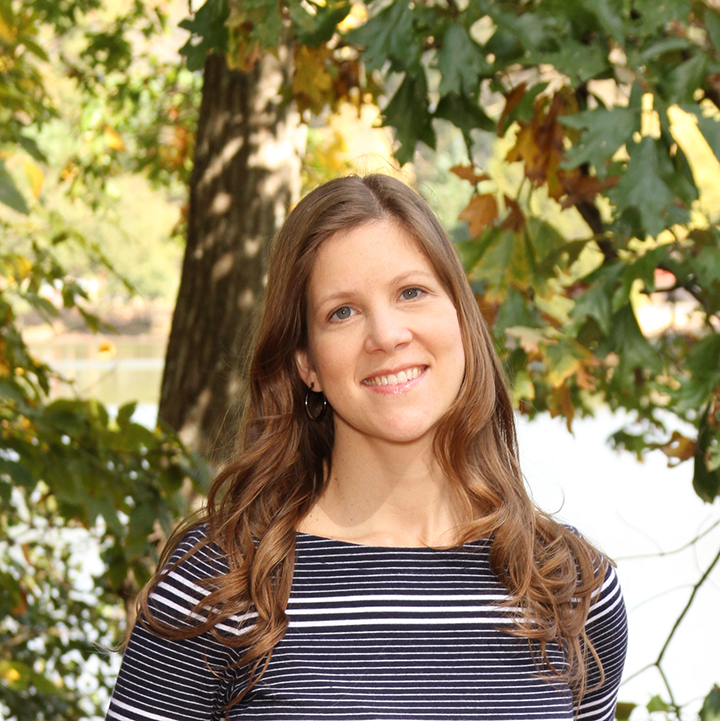
Jennifer Gathings
Collection Strategies Archivist, University of Maryland
Jen Gathings is the Collection Strategies Archivist at University of Maryland in College Park, MD where she manages the accessioning program, and also plays a key role in planning relocation or processing for collections that consist of multiple legacy accessions, are large in size, and complex in nature. Her work also supports reparative description and DEI initiatives as demonstrated in her lead role in planning and implementing symposiums in 2023 and 2024 for The 1856 Project’s research as part of the Universities Studying Slavery. For the last three years, she was also heavily involved with a Hidden Collections CLIR grant which partnered with Georgia State University to digitize over 100,000 pages of content from the AFL-CIO Civil Rights Department.
Her past involvement with SAA was as a member of the Labor Archives Roundtable, and the Oral History Section, where she served on the Steering Committee, as the Newsletter Editor and Web Liaison, the Vice Chair, and lastly as Chair. She is a member of the Mid-Atlantic Regional Archives Conference (MARAC) and was recently elected to serve as the next Maryland Caucus Representative.
Most of my 20+ years of experience as a professional archivist involved accessioning and processing at the Atlanta History Center, Library of Congress’ Veterans History Project, the David C. Driskell Center at University of Maryland, as well as the AFL-CIO Archive in the Special Collections at University of Maryland. Working with legacy accessions has instilled in me a passion for better documentation of pre-accessioning steps, including appraisal, and making sure all accessioning steps are completed, and including notes about work accomplished for the sake of future transparency. “Mystery Reducing” is another way to put it! I’m also interested in planning work around estimated accessioning and processing project times and how that is or is not communicated to donors. I think it is highly important to give realistic information to donors regarding appraisal, accessioning, and resources needed to accomplish that archival work, well before any discussion of digitization.
I would love to be considered for a position in the AA&A steering committee to contribute to and learn from the work of the section. After several years away from SAA, I look forward to becoming more involved again!
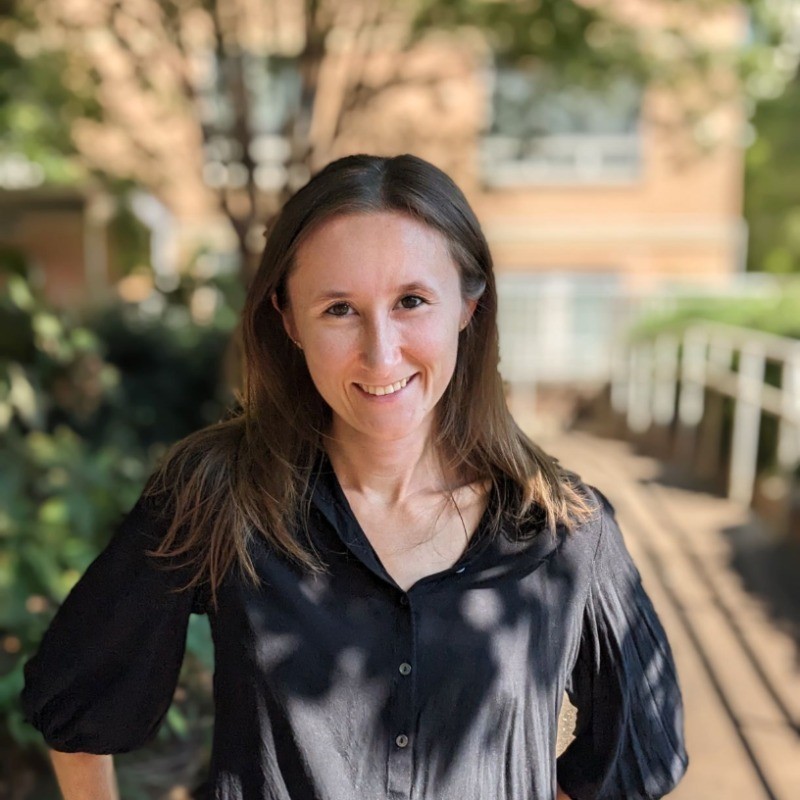
Sara Ludewig
Accessioning and Processing Archivist, American Folklife Center, Library of Congress
Sara Ludewig is the Accessioning and Processing Archivist for the American Folklife Center (AFC) at the Library of Congress. Over the past two years, she has worked to accession new and legacy collections, ensure unprocessed collections are discoverable by patrons, communicate collection rights and ethical responsibilities, and develop and refine accessioning workflows for both born-digital and analog materials. She previously held positions with the Library of Congress Manuscript Division, University of Maryland Archives, St. Olaf College Archives, and the Minnesota Historical Society. She received her MA in History and her MLIS from the University of Maryland, College Park.
In my role as Accessioning Archivist with the American Folklife Center, I see firsthand the impact of acquisitions, appraisal, and accessioning practices on the AFC’s mission to serve as a good steward of multi-format ethnographic collections. Our workflows are constantly evolving to better serve our donors, our patrons, and our processing team and I am excited by the ways that accessioning work informs so much of the archival lifecycle. At the AFC, acquisitions, accessioning, and appraisal are a team effort with responsibilities shared by the Acquisitions Coordinator and the Accessioning Archivist. I am accustomed to working closely with other archivists and engaging in conversations about best practices and ways to improve our work. If elected to the Steering Committee I will bring this spirit of collaboration, conversation, and enthusiasm to the larger AA&A community. I hope to engage in professional discussions on a wider scale with colleagues across the discipline and I believe that serving on the Steering Committee would provide me with the opportunity to learn from other professionals while sharing my own expertise and experience.
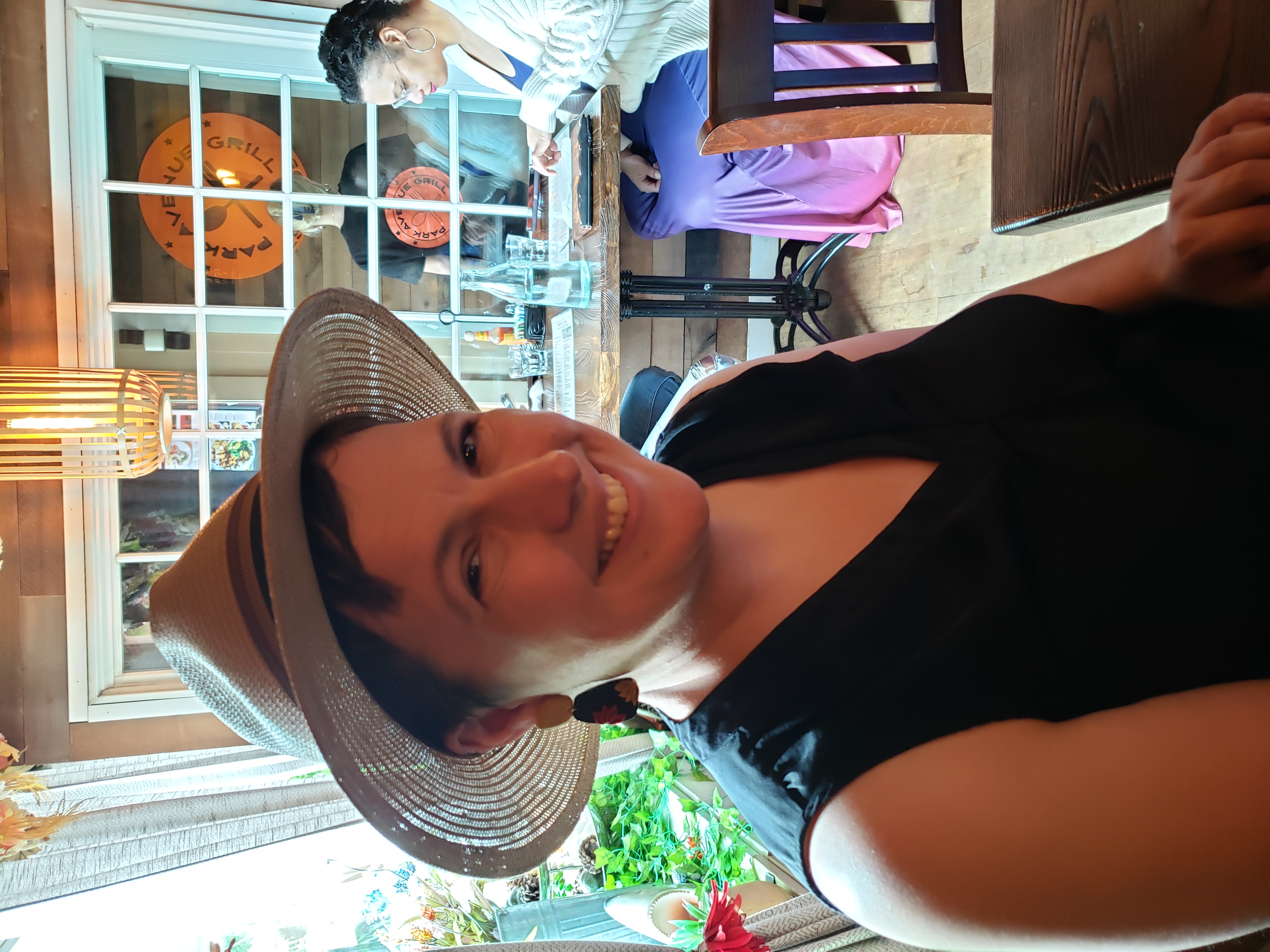
Sarah Ponichtera
Assistant Dean for Special Collections and the Gallery, Seton Hall University
Sarah Ponichtera has been working in archives for 15 years, starting with part time positions in grad school where she frequently contributed to processing collections with Yiddish language materials. Starting as a processing archivist at the Center for Jewish History, she had the opportunity to join YIVO in 2015, where she worked as Project Manager of the Edward Blank YIVO Vilna Collections Project, which aimed to digitally reunite YIVO’s prewar archives with corresponding materials long hidden in the Lithuanian National Library. Since 2018, she has been the Assistant Dean for Special Collections and the Gallery at Seton Hall University, where she manages a unit that combines an archival and museum collection, with staff in both areas working closely together to support research and instruction. Accessions and acquisitions play a large role in her work at Seton Hall, where she has established a collecting policy and formalized processes around acquisitions to ensure a collaborative and well-documented decision making process.
After several years in which I have worked intensively at my institution to refine and clarify accessioning processes, acquisition decisions, and appraisal throughout the lifecycle of a research collection, I am interested in connecting to a larger community of practice focused on these issues. I am also looking for an opportunity to support the archival community, which has done so much to support me throughout my career. One of the things I love about working in archives is the friendly, collaborative approach most archivists take to their jobs, and I am looking for a way to ensure that community spirit endures to support the current generation of new archival professionals. Additionally, although we have made a lot of progress in the past few years at my home institution, there is certainly much more that could be improved, and I am hoping that working more closely with this section will lead me to opportunities for us to collaborate with others to continue to improve our practices.
Silly ragdoll fights await! Customize wacky heroes & challenge friends. Play free: Ragdoll Hit
Silly ragdoll fights await! Customize wacky heroes & challenge friends. Play free: Ragdoll Hit
Order Link:
https://pillzee.com/product-category/buy-adderall-online/
Buy Adderall online with one-click reordering for fast, secure refills. Trusted US pharmacies ensure discreet delivery for ADHD management with reliable service.
Some useful links are given below:
Our industrial Diesel Engine Driven Air Compressors deliver reliable, continuous operation for demanding applications.
Our industrial Diesel Engine Driven Air Compressors deliver reliable, continuous operation for demanding applications.
Your writings stick out to me since the content is interesting and simple to understand. Even though I've read a lot of websites, I still like yours more polytrack free game. Your essay was interesting to read. I can understand the essay better now that I've read it carefully. In the future, I'd like to read more of your writing.
Mae Casey has demonstrated a dedication and innovative spirit in the management incredibox game and acquisition of collections, which not only contributes to the quality of the archives but also demonstrates a focus on the comprehensive and sustainable maintenance and development of cultural heritage.